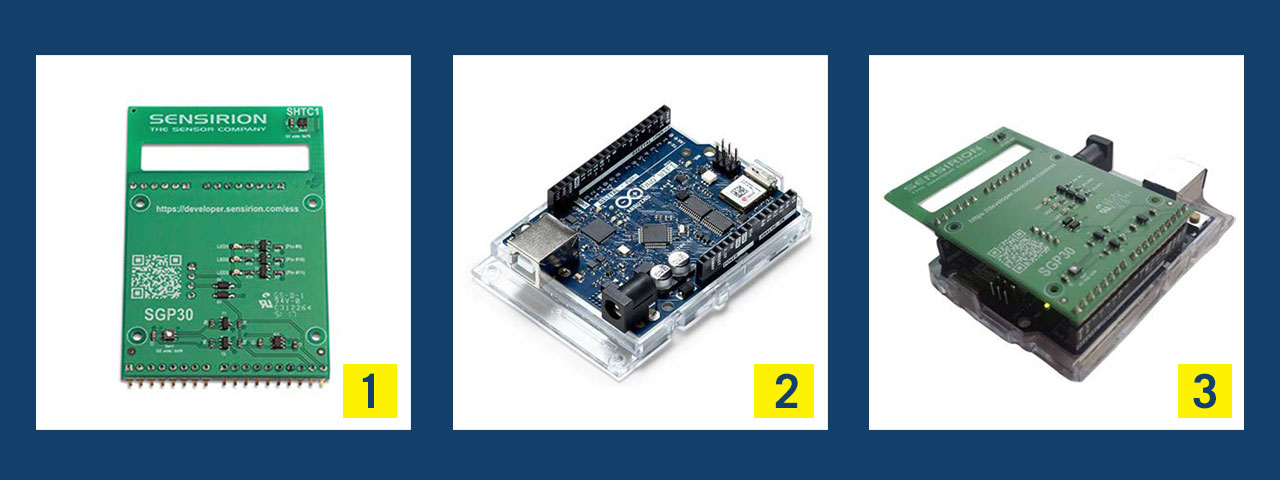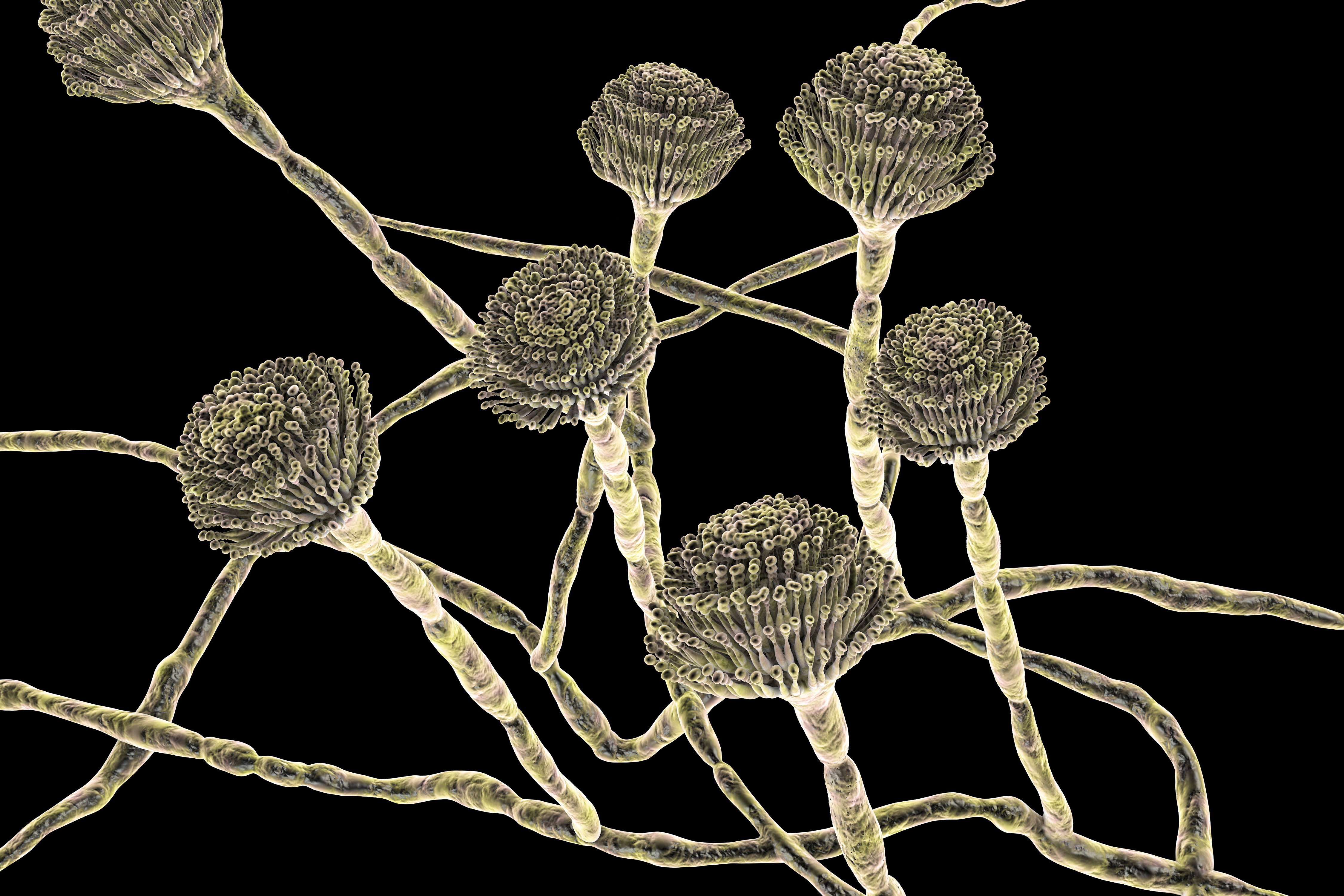Technology is advancing every second of the day. This spring, four BCIT Computer Systems Technology (CST) Diploma students learned how the Internet of Things (IoT) can collect and exchange data. They were intrigued by what they found.
Through a four-week long Industry Sponsored Student Projects program (ISSP), these students worked with their clients Jonathan Bassan, Project Leader of the Applied Research Liaison Office, and School of Computing and Academic Studies Faculty Advisor Pat McGee on how IoT sensors can transfer data over a network without requiring human-to-human or human-to-computer interaction.
Under the Provincial Health Officer’s recommendation to practice physical distancing during the COVID-19 pandemic, the students worked independently while collaborating weekly via zoom video calls.
“I wanted the students to find out how IoT technology could play a role in their everyday lives,” said Jonathan Bassan, Project Leader of the Applied Research Liaison Office. “We supplied them with the devices to program and evaluate, and what they learned from these devices was very interesting.”
IoT Devices

First, the students selected the devices, learned how to transfer and store the data from the devices to the cloud then developed a web-based application that allowed for adding and removing devices, querying devices, generating reports, displaying a dashboard, and generating alerts. Cybersecurity and credentials to access the data were also addressed within the initial stages of the project.
Initiating the devices
All four students placed the eight devices in strategic locations throughout their homes. The devices started to collect and monitor environment data – total volatility of organic compounds, measurements of the c02, temperature, and humidity. Every 15 minutes, the data was compiled by the sensors and transmitted to a dashboard for the students to visually analyze.
The students were on their weekly Zoom conference call shortly after installing the devices throughout our homes and analyzing the live data dashboard when they noticed that one of the devices, measuring Total Volatile Organic Compounds (TVOC), was indicating a level of 400 times over the safe limits. It was discovered the device was located on one of the student’s window sills – where mold was found. After wiping the sill with bleach, the device measurements returned to a safe level.
“I find the most interesting part of the project is working with hardware and developing an application.” said Jameson Cheong, BCIT Computing Student. “This project helped me develop my understanding in IoT devices and to see that the future will have more IoT devices that connect the physical world with the digital world.”
SEE MORE: Camp Alert: get notified on your favourite campsite availability in BC and Alberta
Interested in learning more about IoT?
Jonathan Bassan Project Leader, Applied Research Liaison Office is developing an online IoT course with an anticipated start date of September 2020.
What is ISSP?
The Industry Sponsored Student Projects program (ISSP) provides students with real-life experience by working on IT or software development projects directly from industry. Students work in teams or individually with an industry sponsor, proceeding through the development life-cycle to develop IT or software solutions.
